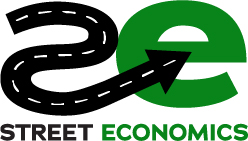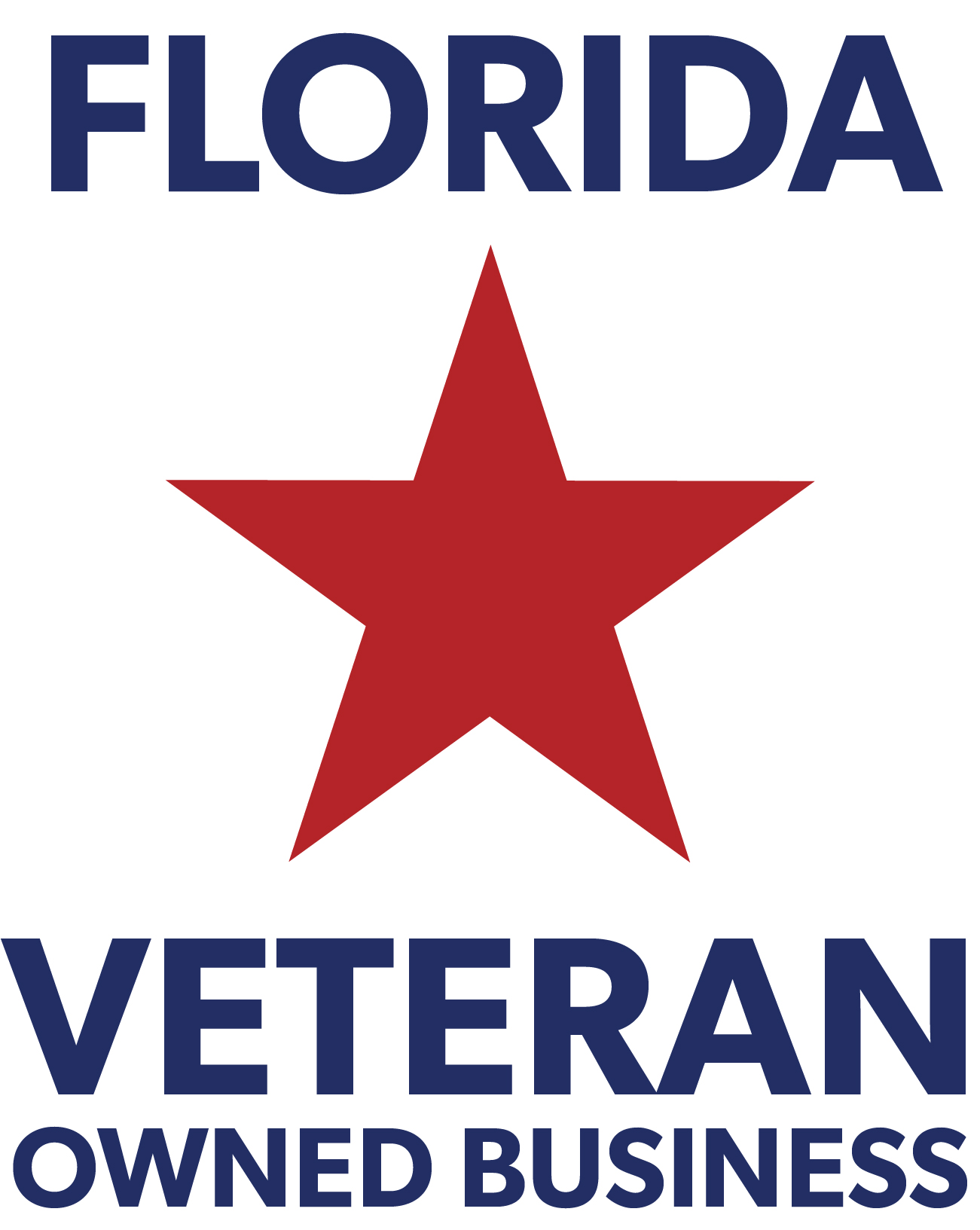Ken Griffin’s real estate investments in Miami underline a critical truth: people invest where they want to be. Miami didn’t just sell him properties; it sold him on the city’s potential—a vision of what it could offer for living, working, and investing.
Griffin’s moves reflect Miami’s success in creating “places people want to be,” a cornerstone of economic development. This aligns perfectly with BusinessFlare’s P.I.E.C.E. approach, which emphasizes five critical strategies: Preserve, Invest, Enhance, Capitalize, and Expose.
Here’s how Miami’s rise exemplifies each element of the P.I.E.C.E. model:
Preserve: Building on the Past
Miami has preserved key elements of its unique identity—its Art Deco architecture, its cultural diversity, and its vibrant neighborhoods like Little Havana and Wynwood. These preserved assets create a sense of place that attracts people seeking authenticity and history.
Lesson for Your Community: What makes your city unique? Whether it’s historic buildings, cultural traditions, or natural beauty, preserving these assets builds the foundation for creating a place where people want to invest.
Invest: Strategic Commitments
From infrastructure upgrades to zoning improvements, Miami’s leaders made bold investments to create conditions for growth. The city’s enhanced transit options, improved public spaces, and policies supporting mixed-use development are all examples of investment driving change.
Lesson for Your Community: Identify areas where strategic investment—such as public-private partnerships or infrastructure improvements—can catalyze growth. Even small steps can signal to investors that your community is serious about its potential.
Enhance: Creating New Opportunities
Miami didn’t just rely on its natural assets; it enhanced them. The redevelopment of districts like Brickell and Wynwood created walkable, vibrant spaces that appeal to residents, workers, and visitors. Enhancements like these make people want to linger, spend, and invest.
Lesson for Your Community: Enhancing the aesthetics, walkability, and functionality of key districts can transform how people interact with your community. Consider what enhancements—beaches, public art, bike trails, or urban greening—could make your city more desirable.
Capitalize: Leveraging Existing Assets
Miami capitalized on its reputation as a gateway to Latin America and a hotspot for global business. By amplifying its strengths—weather, cultural appeal, and tax incentives—it created a compelling story that resonated with investors like Griffin.
Lesson for Your Community: What assets do you already have that could attract investment? Whether it’s an underutilized downtown, a growing workforce, or proximity to major transportation routes, look for ways to highlight and amplify your strengths.
Expose: Telling the Story
Perhaps Miami’s greatest success was exposing its transformation to the world. From Wynwood’s murals to South Beach’s revitalized charm, the city told its story in ways that captured imaginations and inspired investment.
Lesson for Your Community: Storytelling is the heart of economic development. What narratives can you tell about your city’s transformation, culture, or potential? Use marketing, social media, and public engagement to expose these stories to the right audience.
Why This Matters
Ken Griffin’s Miami story isn’t just about one person’s investments; it’s a case study in placemaking and economic strategy. By preserving its heritage, investing strategically, enhancing livability, capitalizing on assets, and exposing its narrative, Miami became a city where people want to be.
For other communities, the lesson is clear: success lies in creating a vision that investors, residents, and visitors can all buy into. The P.I.E.C.E. model provides a roadmap for achieving that vision, no matter your city’s size or starting point.
What’s Next for Your City? How is your community working to attract the next transformative investor? Which elements of the P.I.E.C.E. framework can you apply today to create places people want to be?




Comments are closed